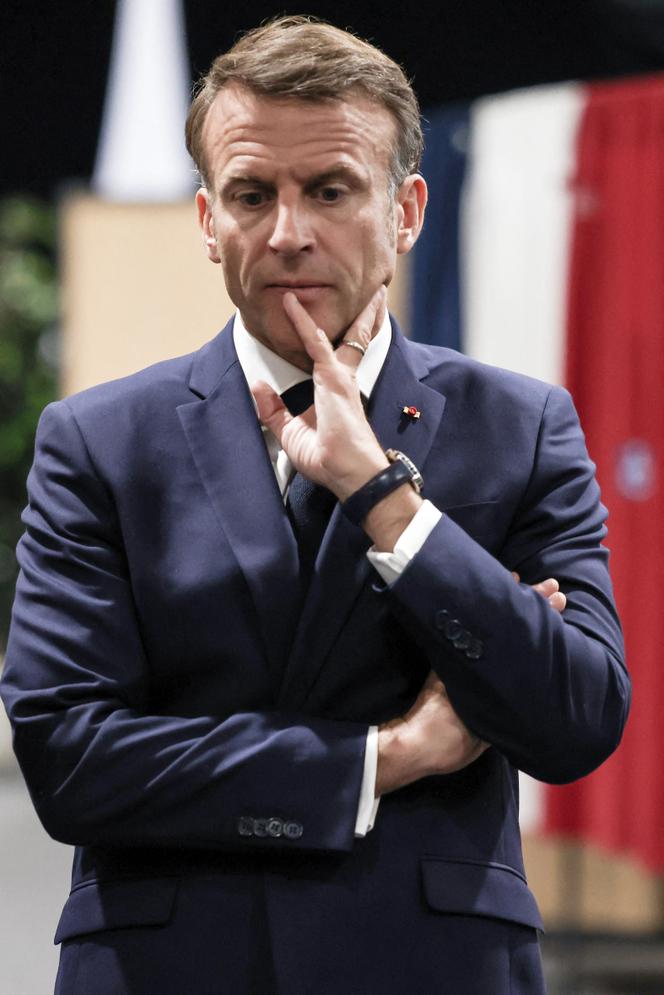


For several months, a small group of confidants worked discreetly at the Elysée Palace on a high-risk scenario: the dissolving of the Assemblée Nationale. Among those in the know were former advisers to President Emmanuel Macron – aides from his first presidential campaign who later left to work in the private sector, before returning to Macron's side, such as his special adviser Jonathan Guémas. Also involved were Macron's chief of staff Alexis Kohler and Interior Minister Gérald Darmanin.
Fewer than 10 people were "at work" on the idea, confirmed Macron's adviser on historical issues, Bruno Roger-Petit, who was delighted Sunday by this coup de théâtre. The secret was well kept, until Macron's address at 8:58 pm, when he announced on television, in the wake of his coalition's disastrous results in the European elections, his decision to dissolve the Assemblée and call snap elections.
At first, the small team was content to scrutinize the pollsters' projections: between 250 and 300 seats for the far-right Rassemblement National (RN) in the event of new parliamentary elections (out of 577). That represents a huge risk of Marine Le Pen's party obtaining an outright majority of 289 seats and, in any case, of sending at least 160 more far-right candidates to Parliament.
At the heart of the Elysée, a scenario was being hatched in the shadows that could propel a victorious RN straight to power – a majority in the Assemblée would give it control of the prime minister's office and the government. "Emmanuel, a man of habit who doesn't like disorder, will never take the risk of dissolving," a minister told Le Monde a week before the June 9 vote.
Despite polls ahead of the European elections placing the presidential coalition barely above the Socialists, Macron was either pretending the disaster would not occur, or unable to believe it would. Just a few days ago, he reassured everyone: "You'll see, we'll finish between 20% and 22%!" Estimated results placed his coalition at 14.6%.
Macron thought the European vote would soon be forgotten, swept away by the Olympic Games this summer, then by another major celebration, the reopening of Notre-Dame Cathedral in December. But then, on Sunday, the RN garnered more than double the number of votes received by Macron's coalition, and everything sped up: The scenario whispered about for months suddenly became reality.
On Sunday, one of France's most prominent far-right journalists, Pascal Praud, challenged the president: "In the next few hours, the master of the clocks [Macron] will explain that this ballot means nothing, that it's just a way of letting off steam, and that life goes on. Nothing will happen. Shall we bet on it?" he wrote in Le Journal du Dimanche.
You have 70.09% of this article left to read. The rest is for subscribers only.
